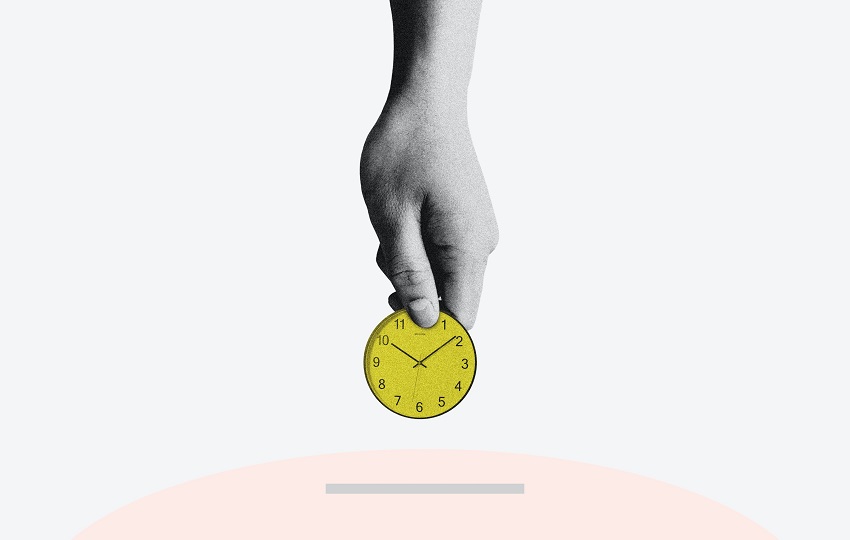
As advisors—and investors—we are going through tough economic times right now. The stock market is tanking, inflation remains high, and interest rates are increasing. It’s a tough job to tell clients to stay the course when their savings has crashed, it costs more to live, and borrowing has become expensive. Clients are somewhat used to market volatility, but they haven’t experienced the double whammy of higher interest rates and inflation in quite some time.
The reasons for the current environment are not that hard to understand. The government handed out lots of money to avoid economic disaster during the pandemic shutdown. All the extra money in the system eventually led to increased demand without a corresponding increase in supply: a formula for inflation. In an attempt to rein in inflation, the Federal Reserve has raised interest rates. That has made borrowing more expensive and tougher times for corporations. At some point, the economy will reach a form of equilibrium.
Still, clients are concerned.
Advisors can continue to emphasize a long-term strategy for investments. Higher interest rates likely mean clients will not be refinancing mortgages or moving (unless they have to) and will put off financed purchases (like new cars). But inflation and higher interest rates go hand in hand.
Advisors need to anticipate clients’ questions and be ready with answers. Let’s address the big ones.
Q. I Thought Bonds Were Supposed to Be Safe, but My Bond Investments Have All Dropped. What Should I Do?
A. As long as you don’t need to sell your bonds, the losses you see are more like paper losses. Let’s get down to the basics. Say you buy a bond. You are loaning money to a corporation or the government. The corporation or government will pay you interest every year and then return your money at the end of the loan term.
Let’s say you buy a 10-year bond for $10,000 that pays interest of 3% a year. Every year, you will receive $300 in interest, and at the end of 10 years, you will get your $10,000 back. But if the prevailing interest rate jumps to 4% after three years, you will not be able to sell your bond for $10,000 before it matures. Why would someone pay you $10,000 for 3% interest when they can get 4% elsewhere?
So, on paper—or if you sell—your bond will be worth less than $10,000. Your brokerage report will show the lower value, reflecting the unrealized loss. Yet, you will still get $300 a year for the next seven years, and you will still get your $10,000 back at the end of the 10 years. Yes, new bond buyers will be earning 4% interest. But you are not losing anything. (Maybe just feeling a little fear of missing out!) And remember, when your bond matures, you will be able to buy a new bond paying a higher interest rate.
Q. Inflation Is Out of Control! How Will I Be Able to Meet My Financial Goals?
A. Listening to news reports on skyrocketing inflation can cause a lot of stress. But your personal inflation rate is probably very different from the national average. For example, if you own your home and are making payments on your fixed mortgage, inflation in rental costs doesn’t affect you. If beef prices are higher and you don’t eat red meat, this increase is not relevant to you. So, when looking at inflation, the first step is to consider your own personal inflation rate.
The next step is to determine whether you need to do something about it. Your financial plan has considered the impacts of inflation. But if you believe you need to cut back, you have that control! Whether it’s by choosing cheaper cuts of meat or vacationing domestically rather than internationally, working with your advisor is key.
Q. How Can the Stock Market Ever Recover?
A. The stock market always experiences volatility, in different directions, different amounts, and over different periods of time. We can’t predict when there will be a recovery, but unless there is a total economic collapse (and, no, I don’t believe the sky is falling), businesses will make money and the stock market will grow over the long term.
Basic economics requires that investors receive a return on their money that accounts for inflation as well as market risk and business risk. In other words, market returns equal the sum of the risk-free rate and risk premiums. After all, if investing were not better than burying your money in the backyard, there would be no investing. A higher inflation rate means that stock market returns will need to be higher in the long run.
Q. I Can’t Afford to Lose Any More, Especially With Higher Inflation. Isn’t Now the Right Time to Cash In?
A. No! If you move to cash now, you will be locking in your losses. The market will recover—we just don’t know when. But if you move to cash now, your nest egg will be fixed at a low point while prices are increasing, and you will not participate in the recovery! We’ve ensured that you have a cash reserve of at least six months of living expenses. This will give you a pool of liquidity to use for your needs, while your investments remain poised to participate in the recovery. Also, if it’s warranted, we can take advantage of the down market to harvest tax losses, realizing tax benefits for you without moving to cash. Finally, when rebalancing, we can also trim some of the winners and buy bargains. Down markets provide opportunities to make lemonade out of lemons!
The bottom line is that higher inflation should eventually lead to higher returns—both for stocks and bonds. If you can ride out the tough times, you will be rewarded.









:quality(80)/cloudfront-us-east-1.images.arcpublishing.com/morningstar/VYKWT2BHIZFVLEWUKAUIBGNAH4.jpg)










